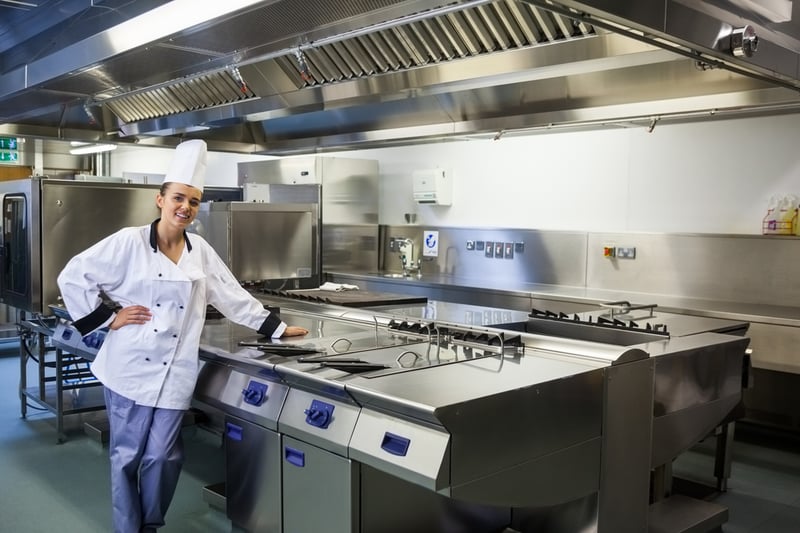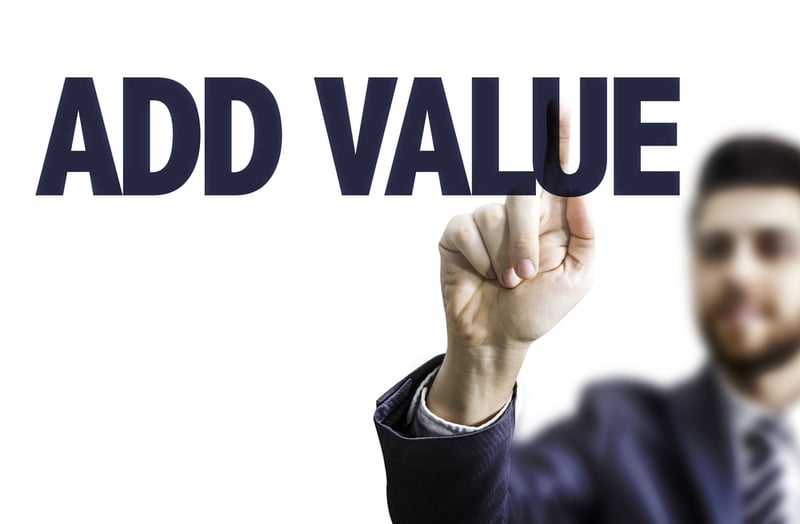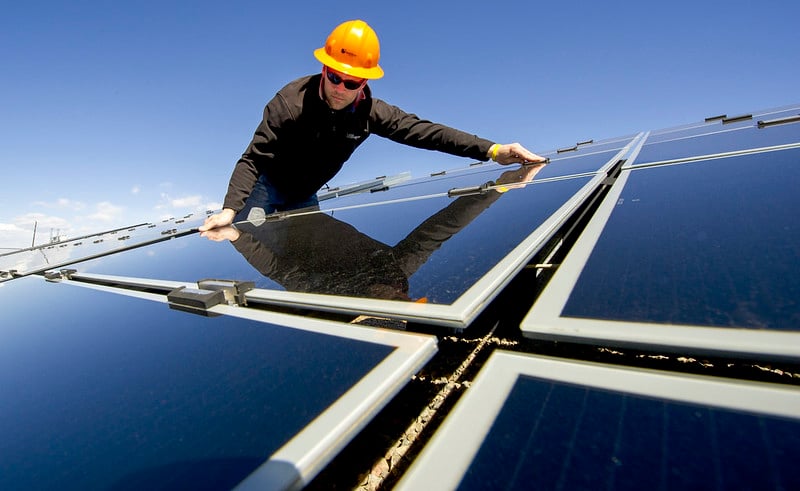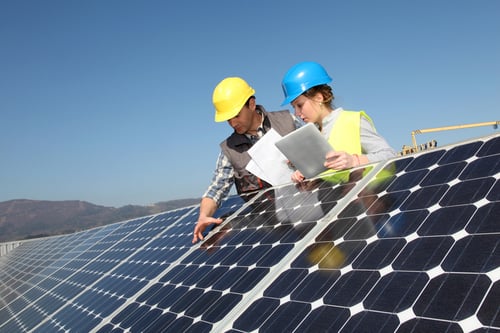
Over time, business owners will need to consider investing in improvements to their facility and associated property if they have significant brick-and-mortar buildings where employees work and production is ongoing. Just like the purchase of real estate and equipment, these enhancements can be capitalized as a tangible assets and depreciated. In turn, they add value to the company’s infrastructure and can be appraised.
These investments are referred to as either leasehold or building improvements. The primary distinction between the terms is based on who the owner of the property is. If your business leases the building as a tenant with a landlord involved, then you would treat these as a leasehold improvement on your books. For internal depreciation purposes, they should be amortized over 15 years.
If your company owns the buildings and land, then the improvements are capitalized as part of the real property and treated as building assets, which are depreciated over a longer term, consistent with real property accounting rules.
From a valuation perspective, leasehold improvements can be appraised on an “in-place” or “installed” basis, since they only hold value to a building tenant while the business remains in operation. If your business relocates in the future, you cannot physically carry these assets with you to the new location.
As a result of this, in the long run, building owners reap the rewards of the improvements should their tenants vacate the premises, which can benefit their lease pricing and carry it over to a new company moving in even just a few years after the improvements were completed. Try to work with the landlord while you can, to gain some type of lease break or other benefit if you pay for these improvements.
You often see this scenario with heavy turnover businesses such as restaurants and related food services companies, as well as start-ups in tech and scientific industries. It’s a good idea to have an improvement investment concept in place, that you can show the building owner while you’re negotiating the lease terms. It’s also beneficial to work with your accountant and engage with an independent valuation firm to determine your best options as you move forward with your growth plans.





